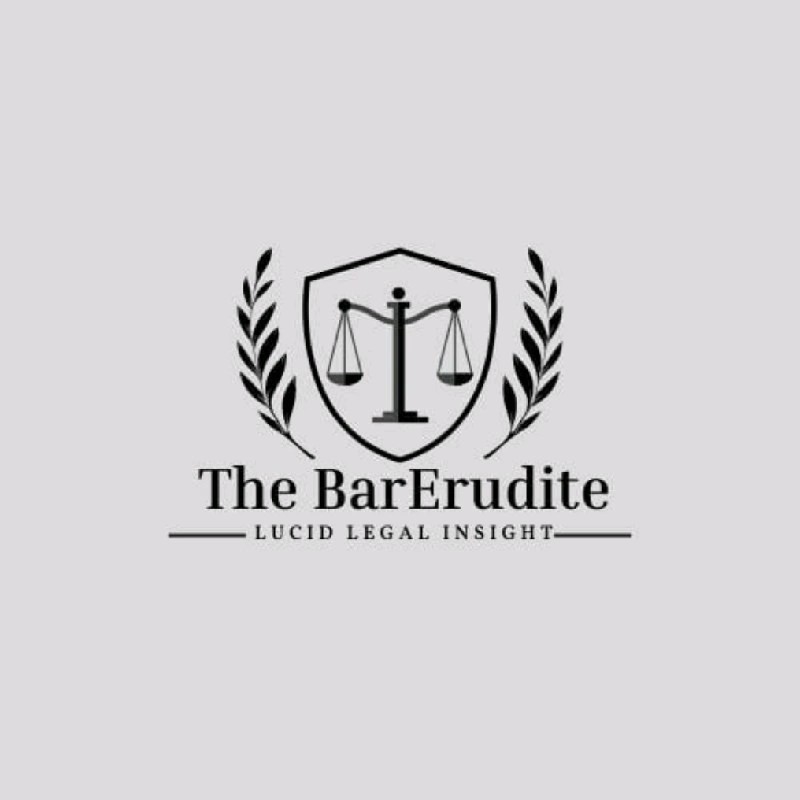Article By: Gaurashwari Rathod
Introduction
Seeking the justice at the different doors of the courts , is quite obvious in nature, but filing the case at the court not competent to the former court results for the removal of such cases under the principle of “res judicata”, initially the principle was not known as a fact to be imposed in the society, but somehow got flashlights during 1908 under the section 11 of CPC (code of civil procedure.)1
The need for such principles to be invoked over the society, is necessary to be determined ,where the provision of justice on the basis of its essential condition to be filed in the appropriate jurisdiction is also in the Queue of its necessity.
Abstract
The recent case disposed off by the Hon’ble supreme court about the property under the ground of the provision “Res judicata”, the article is going to uphold its Central priority as the topic mentioned as it’s going to cover description, essential conditions to be imposed off the relevant case laws and its current application in the today’s legal cases.
“Res judicata” the current famous case disposed off on such ground:-
Before coming on the basic legal knowledge of this principle in the current affairs of the nation , it’s merely required to get the knowledge about this principle just as the maxim referring to the meaning as the “case already decided by the competent court” , the respective latin word acquires the meaning as “res” meaning “subject matter” of dispute , and “judicata”:- “adjudication”, simply complying to the meaning, “the case already disposed off by the subsequent court , which are further not able to be refiled in any court not competent to register it”.2
The legal definition ,defined under section 11 of CPC , is as under
“No court shall try any suit or issue in which the matter directly and substantially in issue in a former suit between the same parties, or between the parties under whom they or any of them claim , litigating under the same title, in a court competent to try, such subsequent suit or the suit in which such issue has been subsequently raised and has been heard and finally decided by such court”3
The essential condition of res judicata:-
1.Matter in issue
The matter in issue filed by the petitioner must be the same and must not be varied in the subsequent suit.
2.Same parties:- the parties of the case must be the same and not be changed in the subsequent suit.
3.Same title:- the “title” given to the case initially should remain constant during its filing in the subsequent suit as well.
4.Competent court:- the case must be filed under the competent court, if not so will result in the removal.
5.Heard and finally decided:-
The case initially ought to be decided and concluded by the court. If the concluded case is filed in any other court, it will result in the application of “res judicata”as a principal.
Illustrations
1.Party “A v/s B” should remain as party “A vs B” only during its subsequent suit.
The matter involved in the case find at the party averse is B regarding the property invasion should not be valid and must rebate constant during the subsequent suit as well
The battle for the property equation should be decided by the formercot by application of the principle of res judicata.
Origin of the principle :-
The idea of “res judicata” emerged from the English common law and is meant to ensure the finaltylity of the judgement and converse judicial research.
Under title 111 rule 8(c)(1) of federal rule of civil procedure for the US district courts and responding to a pleading a party must affirmatively state any avoidance or affirmative defence including res judicata.4
The idea behind the principal applied are as follows
“Nemo debet bis vexari pro una et eadem causa” :- the same person should not be waxed annoyed or hardest for the same cause.
“Intent reipublicae ut sit finis litium”
There should be an end to litigation.
“Res judicata pro veritate accipitur”
Decision of the court must be accepted as current.5
Object of “Res judicata”6
1.End of litigation
The number of increasing piles of files in the courts will be reduced over only with the help of ending the subsequent litigation file in the courts, and this object could be met by the implication of the principal of res judicata.
2.Protection against double jeopardy
The principle of double jeopardy ,when the same person should not be harassed or annoyed again, in the subsequent suit, could be emerged by the implication of the mentioned principle.
3.The decision taken by the former court should be held final and properly concluded.
Exceptions of the principal:-
The principle of “Res judicata”do also have certain exceptions over which it cannot be imposed as follows:-
1.When judgement in the original suit is obtained by fraud.
When the intent to “fraud” has been included and leads to the corrupted conclusion of such case results for the “res judicata” to not be applied over, and the finality of the case will be judged through the subsequent suit filed in the next appeal.
2. A different cause of action
When the subsequent suit is filed under a different cause of action, will make the liability over the subsequent court to conclude appropriately.
3. When the previous suit is dismissed
The principle of “res judicata” is not applicable for the case filed in a subsequent suit, when the previous suit is being dismissed. Where there would be the acceptance of such a suit filed in the court.
4.Interlocutory order
5.waiver of a decree of res judicata
6. Court not competent to decide
7. When there is change in law.
The current prospect of the principle
The principle is applied in the current prospect of the legal world , where the recent case for the possession of zamindari in sitapur , called sakran estate.
Judged by the hon’ble bench :- MC Mahajan, CJ & NH Bhagwati , B Jagan adha, T.L venkatarama Iyer JJ.7
Background of the case:-
“Sakran estate” , a piece of property owned by “Partab Bali Singh”, the heir of the property continued to “Gandharp singh”, had the wife ambar kuar , who got the estate named into her own name as Jangli Baksh in 1861.
The succession led to “Indar kuar” married Raj deep singh in (1872) had their son as karam singh married to khem kaur , who was the real owner of the sakran estate.
On 07-05-1909 , an agreement arrived in between khem Kaur and Inder Kaur that Indra Kaur was allotted maintenance during her lifetime and was permitted to retain possession of the sacred estate in lieu of maintenance and khem kaur was declared as the owner of the sakran estate.
On 22- 12 -1927 , Inder Kaur adopted deity Shri Ramchandra ji installed in a temple in the village, and executed a deed of waqfs on 13 -4- 1930b she adopted the deity and executed a formal deed of adoption on 4-10-1932.
Indar kaur died on 27-03-1937 and on 30-08-1937 the respondents filed a suit against appellant 1 and claimed themselves to be the revisionary heirs of the estate of Jungli baksh and as such entitled to estate.
Trial court found appellant 1 as adopted by Indar kaur as a son to her deceased husband on 13-04-1930.
And held the adoption as valid held, in favour of respondents and held that appealing 1 was not entitled to reagitate in suit.
The “chief court of oudh” :- held the reciprocal of the trial court’s decision and decreased the respondents claim for possession of suit proposed except regarding, 1/4th of the waqf8
Analysis:-
The Supreme Court opined that both the courts below were in error in holding that the question as to the succession to Zalim Singh-Gandharp Singh’s brother and the respondents’ title as reversionary heirs of Jangli Bakhsh was barred by res judicata.9
As it held that the proceedings before settlement officer could not be concluded as a competent court to try the present suit and hands not considered to be trying the suit for possession of the sacred state and masne profit which was filed by respondent subsequently in the court of ACJ Sitapur.
The supreme court agreed with the chief court’s finding that the litigation before settlement court, neither Indar kaur nor khem kaur could be said to represent Jangli Baksh’ s estate , therefore the decision in that litigation could not operate as “Res judicata”.
Conclusion
The application of res judicata as a principal could be assisted through the current prospect in the news coverage as discussed in the Sakran property case that emerges its importance widely in the application of the suit filed in respective jurisdiction and courts of the country.
The principle with multiple objects, exception and origin, ideas behind are discussed, introducing a topic, worthy to be noted and understood..




Leave a Reply